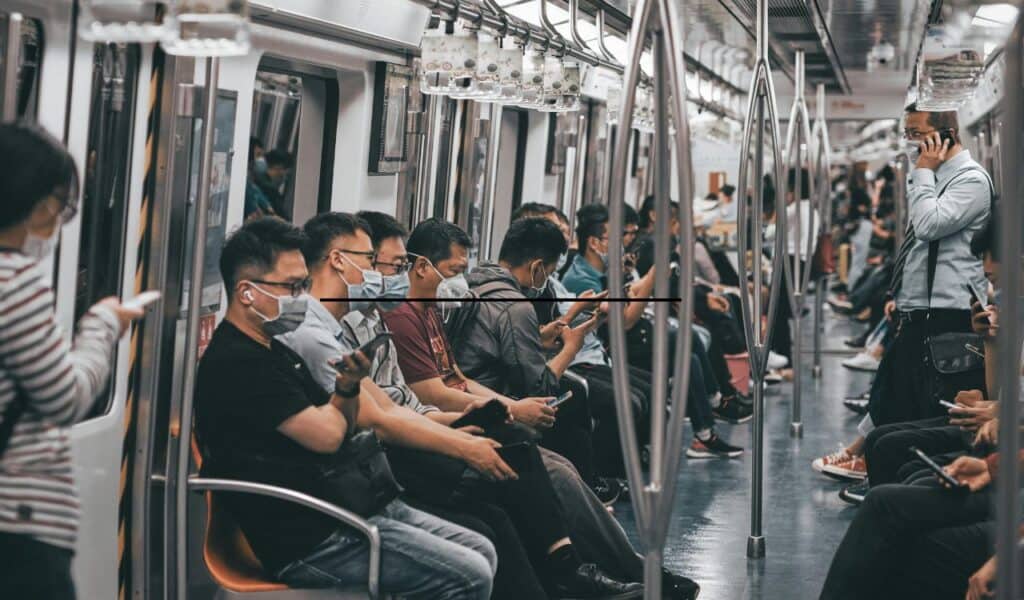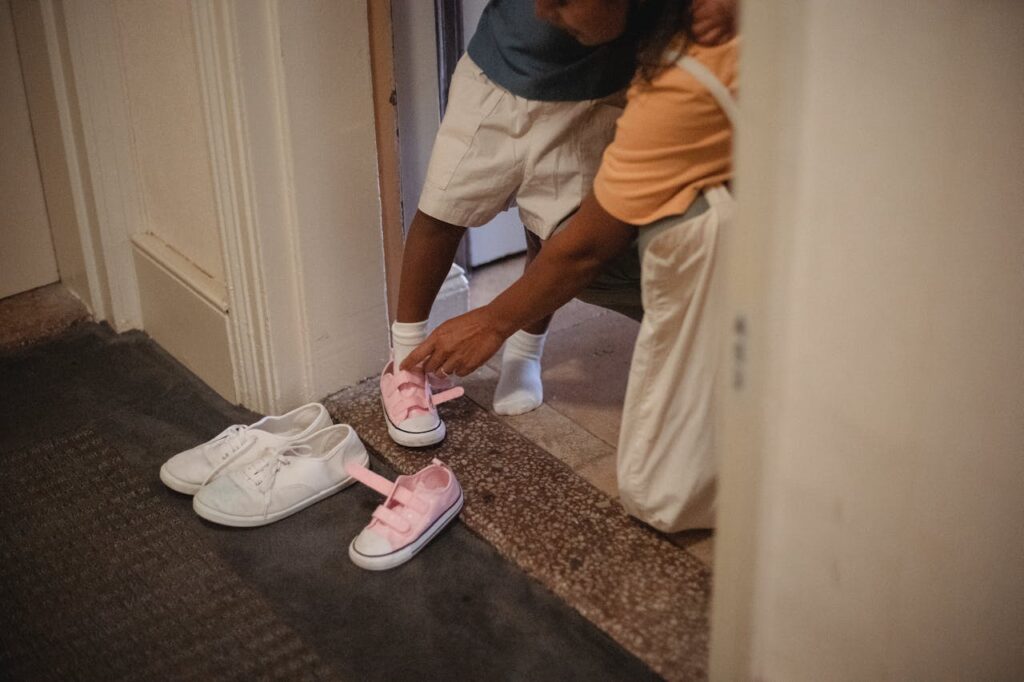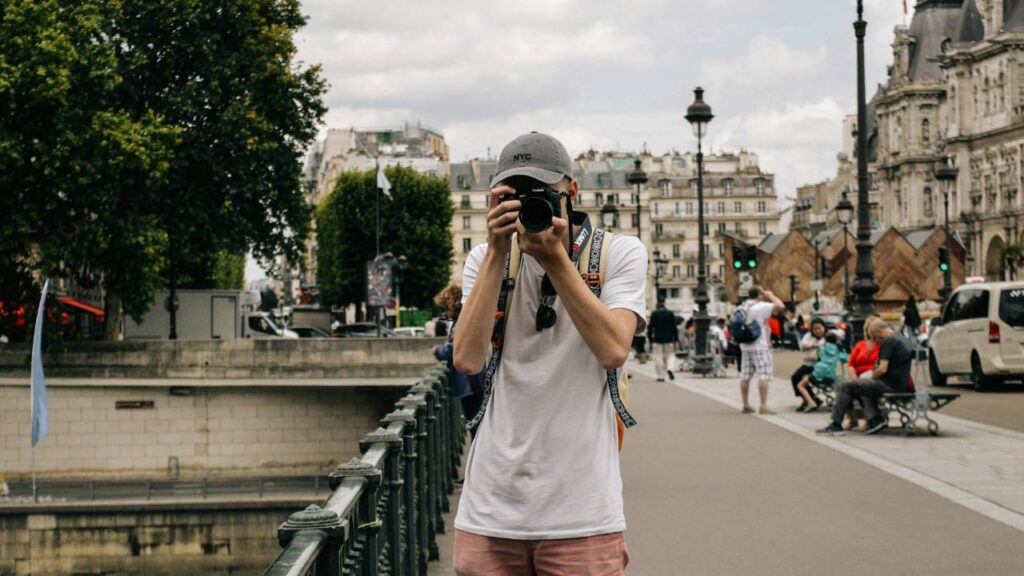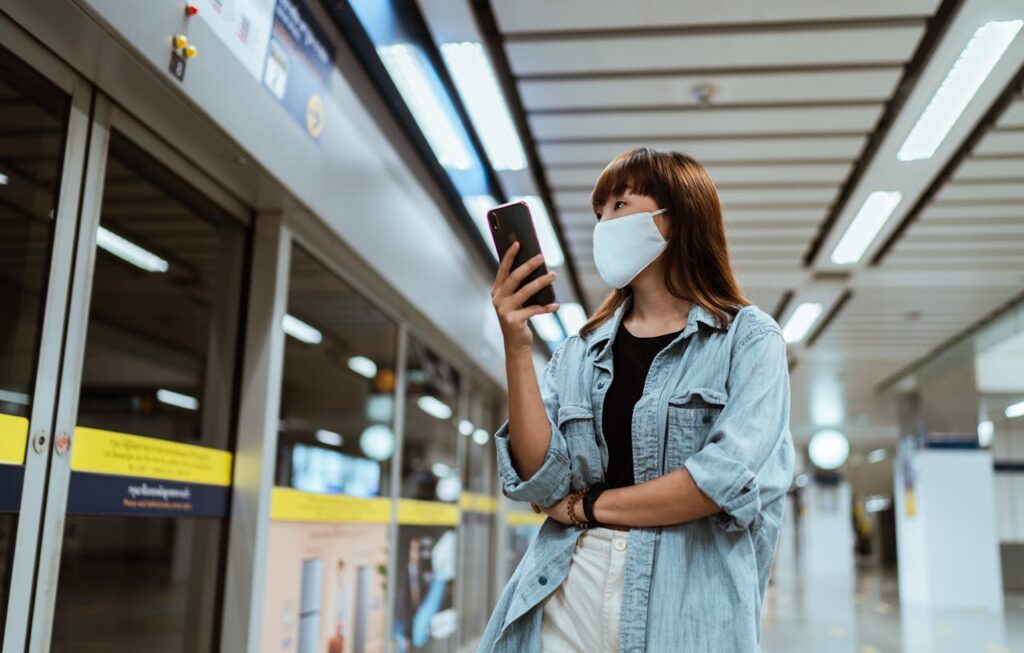We may earn money or products from the companies mentioned in this post. This means if you click on the link and purchase the item, I will receive a small commission at no extra cost to you ... you're just helping re-supply our family's travel fund.

You want a trip where doors open and small moments turn into real connection. That starts with reading the room. Watch how people greet, dress, and move through shared spaces, then match the rhythm. Ask simple questions before you assume. A little homework saves you from awkward scenes and earns quick trust. Treat every street like someone’s home, carry curiosity, and keep your tone soft. Do that, and you will get the warm welcome every traveler hopes for.
Wearing Beach Clothes to Sacred or Formal Sites

Shorts, tank tops, and bare shoulders belong on sand, not in temples, churches, and mosques. Show respect by covering knees and shoulders, carrying a scarf, removing hats indoors, and skipping flash during services. Some synagogues and cathedrals offer wraps at the door. Read posted dress codes and follow what locals wear. If you are unsure, err on the modest side. You will blend in, gain access to restricted areas, and avoid awkward conversations with wardens.
Treating Tipping as One Size Fits All

Gratuity is not universal. In the U.S., servers live on tips, while in Japan or parts of Scandinavia your extra cash can confuse or offend. Many countries add a service charge to the bill, which changes how you round up. Learn the local norm for restaurants, taxis, bars, and guides, then carry small bills or use the tip line correctly. Ask staff if a charge is included. Aim for gratitude, not guesswork. Good tipping shows you did the homework.
Pointing Utensils and Mishandling Chopsticks

Table tools are not pointers. In East Asia, never stick chopsticks upright in rice, pass food chopstick to chopstick, or gesture midair. In much of Europe, resting utensils signals you are still eating, while parallel placement can mean finished. Watch your host and mirror their pace. Keep movements small, napkin in your lap, elbows off crowded tables. If you are lost, ask for a quick demo. Curiosity beats clumsy confidence and turns dinner into a small lesson.
Speaking Loudly and Taking Over Space

Volume reads as rudeness on trains and in busy cities. Keep voices low, let elders exit first, and keep bags off extra seats. Queue from behind, not the side. On narrow sidewalks, walk single file so workers can pass. Give people room at counters and ticket machines. You will notice how quickly staff soften when you stop asking the room to adjust to you. Quiet, tidy, and patient are the fastest ways to unlock help and smiles.
Ignoring Shoe Rules Indoors

Shoes off is normal in homes across Japan, Korea, parts of Europe, and many guesthouses. Look for a rack by the door or a line of slippers and follow suit. Even hotels have spa and sauna spaces with strict footwear rules. Carry clean socks or foldable house shoes if you prefer a barrier. Bringing street dirt into private rooms signals you were not paying attention. Remove shoes without fuss and you will be welcomed deeper into the space.
Photographing People Without Permission

A camera can turn someone into scenery if you are careless. Ask before you shoot vendors, children, and worshippers, and accept no with a smile. Some markets and performances charge a small fee. Pay it if you want the photo. Skip drones near wildlife, crowds, and sacred sites unless rules clearly allow it. When you do take portraits, share a preview and say thank you in the local language. Respect first, image second. That order keeps doors open.
Treating Negotiation Like Combat

Bargaining belongs in many markets, but it runs on tone. Start with a friendly hello, ask the price, offer a fair counter, and keep humor in the mix. If you reach a deal, buy with gratitude and avoid grinding to the last coin. In fixed price shops, do not push. Learn basic numbers and greetings and you will often get a better price without trying. The goal is a good story and a fair trade, not a scalp to wave later.
Showing Up Late and Calling It Local Time

Punctuality is culture. In Germany, Switzerland, and Japan, trains and meetings run to the minute. In parts of the Mediterranean and Latin America, social plans flex, but tours and tickets do not. Confirm which context you are in, then set alarms that honor it. Arrive five minutes early and you read as competent and kind. If you will be late, message ahead. Respect for time earns trust faster than any phrase book line you can memorize.
Disrespecting Quiet Cars and Transit Norms

Speakerphone calls, music leaks, and loud videos mark you as an outsider. Follow signs for quiet zones, priority seats, and luggage areas. Offer your seat to elders, pregnant riders, and people with disabilities without a show. Queue for doors, let riders off first, and keep backpacks low in crowds. Small courtesies ripple. Blend with the flow and transit becomes part of the trip, not a daily friction point. Locals notice, and help arrives when you need it.
Misusing Hands, Gestures, and Heads

Gestures travel poorly. A thumbs up, an open palm to the face, or touching a head can offend in the wrong place. In South and Southeast Asia, the left hand is not used for eating. In Greece and parts of West Africa, a wide open palm can be insulting. Default to calm, open hands and keep motions small. If you slip, apologize simply and adjust. Humility and quick learning do more for your welcome than perfect grammar ever will.